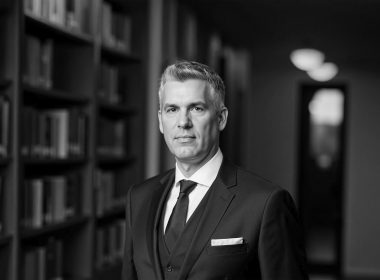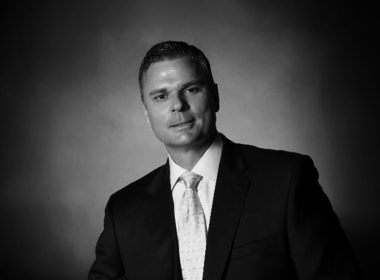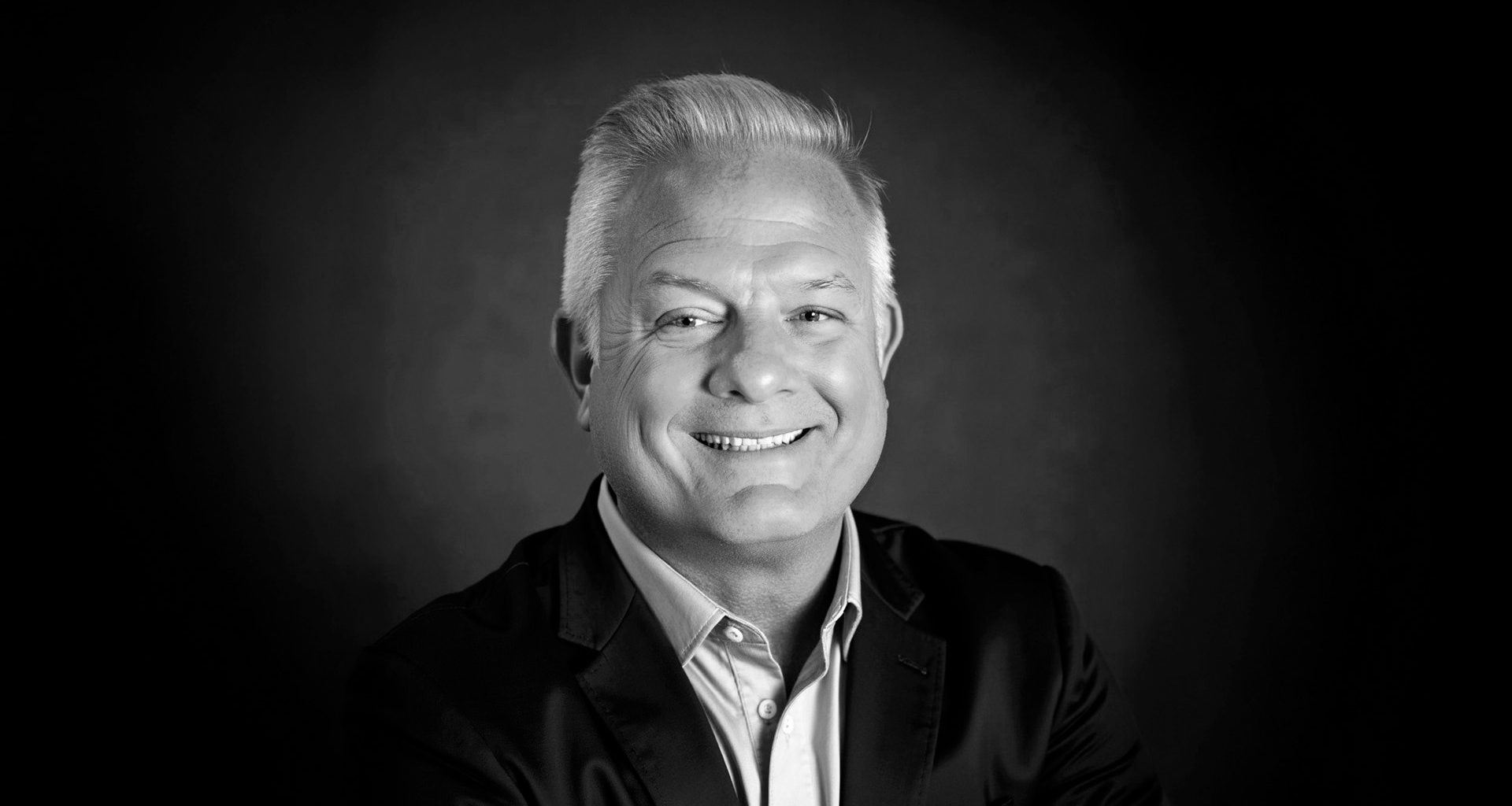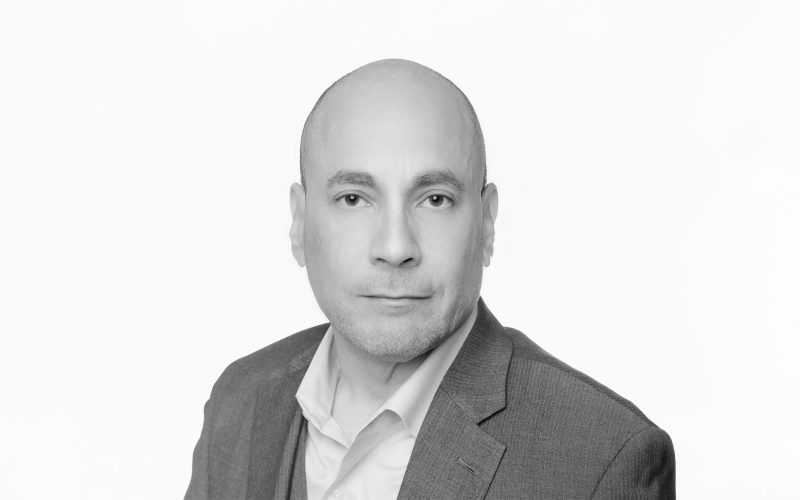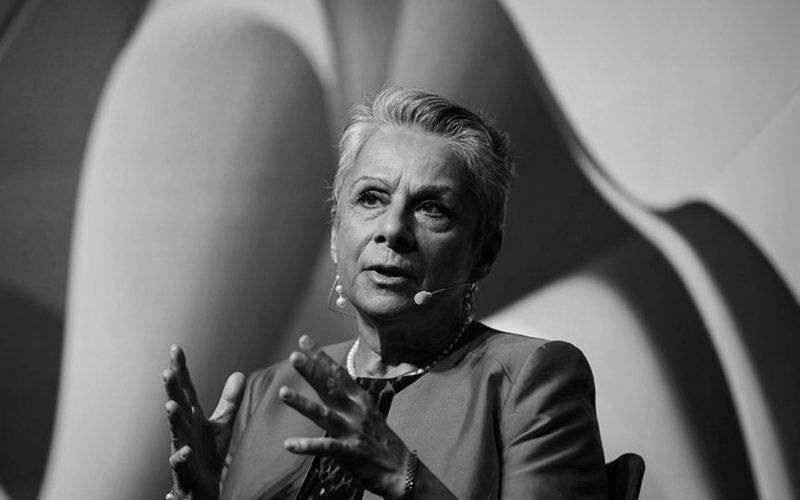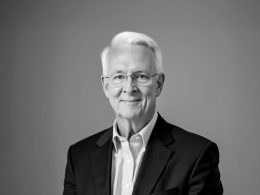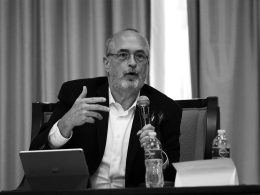Legacy industries are often marked by routines that feel immovable, where tradition tends to shape the way things are done more than customer need. However, it is within these sectors that the greatest opportunities for innovation often lie. Ask Joshua David Farley, who has built a career challenging conventional thinking in industries resistant to change, beginning with lawn care. At TruGreen, he orchestrated go-to-market strategies that delivered double and even triple-digit growth in remarkably short timeframes through bold branding, direct engagement with customers, and the cultivation of strategic partnerships.
Today, as Chief Revenue Officer of BESTMOW, his mission is to transform lawn care with AI-powered, wire-free robotic mowing. “Legacy industries often focus on how it’s always been done,” says Farley. “Disruption begins with reimagining the customer experience.” For him, this latest venture is about giving people something invaluable back: time. BESTMOW’s vision of “a robot mowing every lawn” is rooted in eliminating what homeowners have long accepted as a weekly burden.
At BESTMOW, Farley is applying the same principles to a global stage. The company’s non-wire robotic mowers, powered by the fastest chip in the industry, offer an entirely new way to manage residential lawns. The technology enables navigation of complex outdoor spaces that traditional mowers cannot handle, positioning BESTMOW as a pioneer in an industry that has remained largely unchanged for generations.
“The key is understanding the pain points customers have simply accepted as normal and creating a solution that’s both simpler and frankly better.”
Technology as the Engine of Disruption
While customer experience matters, he sees technology as the engine of transformation with AI, automation, and data analytics now essential drivers of growth. By embedding intelligence into their robotic mowers, BESTMOW delivers not just efficiency but scalability, enabling the company to set its sights on a billion-dollar expansion target within five years.
“Companies that succeed are the ones that embrace technology to do things faster, smarter, and at increased scale,” Farley says. It’s a conviction that has shaped a core leadership philosophy for him: innovation only matters when it can scale, and scaling requires the right combination of technology and market execution.
Leadership That Removes Barriers
Having managed large-scale sales teams across North America, Farley’s leadership style is focused on aligning people with a common mission. At BESTMOW, that mission is to redefine the very notion of lawn care and reshape an industry that touches millions of households. “Disruption isn’t about being different for the sake of it,” he says. “It’s about creating solutions that change lives and markets.”
He empowers his teams to succeed by removing barriers and places strong emphasis on collaboration and accountability as essential elements of a high-growth environment.
Writing the Next Chapter of Growth
Industries don’t have to remain bound by their legacy. By identifying customer pain points, leveraging cutting-edge technology, and executing bold market strategies, even the most traditional sectors can be transformed. For Farley, the real question is not whether disruption is possible, but which rules are ready to be rewritten.
“Any company can break through even the toughest legacy barriers if it is willing to rethink, retool, and execute.”
To connect with Joshua David Farley directly, visit his LinkedIn.


